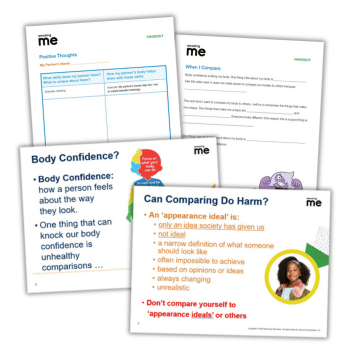“The best schools don’t just monitor the number of hours worked, but where those hours are focused”

If one your new school year resolutions is 'Get on top of my workload', then ATL's Nansi Ellis has a few words of advice…

- by Nansi Ellis

With this year’s summer holidays and Olympics binge-watching fading fast into distant memory, many of us are well into the process of diving into a new term. We might not be pulling off a double twisting somersault with half turn into the Olympic pool, but many of us will be hoping to get to the end before we run out of breath.
Will it be Christmas before you see your family and friends again? Or is this the year you’ll try to address your workload?
Workplace inspiration
If that’s your new school year’s resolution, then you might be looking for some inspiration. How about Lee Card – a primary school deputy head teacher who’s spent the past few years redesigning his school curriculum to be relevant, rigorous and real, before realigning the assessment system. He did it by finding ways of using time (whole school meetings, inset days and assemblies) wisely, and without losing sight of the school’s values.
Or take Judith Vaughan – a secondary school leader whose school curriculum is necessarily complex to meet pupil needs, but which she and her staff and have to flex in order to absorb government changes without increasing their workload. Then there’s Robin Bevan – secondary school head whose strategies to support staff with their workload include analysing data about their time spent with pupils and on important additional activities (report writing, UCAS forms), as well as building relationships of trust both with and between his staff.
The trouble with workload is that it builds, like boiling the poor proverbial frog. It may be that you need to start by looking at your own levels of stress and pressure. Are there things that you can do to help your days flow easier? Could you commit to taking 10 minutes to actually sit down and eat your lunch every day, rather than grabbing it on the run? Should you be setting a time at which you will stop school work each evening, so that you actually talk to your family?
You’ll likely find that you can’t do this on your own – but if you take some time to discuss the difficulties you’re having with colleagues, you may well find common ground. Are the problems about marking, lesson planning or unrealistic expectations placed upon you or your pupils? Now’s the time, before it all gets on top of you, to brainstorm some ideas together, talk about why you have the problem and think about solutions.
If you can also involve your school leadership, and maybe even your governing board, in these discussions, you may get some insight into why they ask for some of the things you can find no justifiable reasons for – then you can come up with solutions that suit everyone. My new book, Managing Teacher Workload, contains chapters these and other areas, along with practical suggestions and questions for reflection as you start to tackle your workload.
What’s interesting about workload is that it’s not just about time. I’m not trying to downplay the number of hours you work, but instead to point out that you will feel additional pressure if the work you do seems pointless, or if you have no choice in what you do or how you do it.
Focusing on the right tasks
The best schools don’t just monitor the number of hours worked, but whether those hours are focused on what’s important – on teaching children and young people, and making a difference to their lives. The most effective teachers don’t just focus on the number of hours they spend on particular tasks, but on whether they’re choosing the right tasks to focus on. Every choice means choosing not to do something else.
Good schools have a shared vision and shared understanding of what’s important and how to measure impact. They are also open to professional reflection and having honest conversations.
In an ideal world, government ministers would be focused on how to facilitate the best professional training for teachers and school leaders. But in the meantime, we need to take matters into our own hands. We need to work together to remove the pointless busywork, stand against crazy government policy and focus on the things that matter.
 Nansi Ellis is Assistant General Secretary for Policy at the Association of Teachers and Lecturers and editor of Managing Teacher Workload: A Whole-School Approach to Finding the Balance|, published by John Catt Educational
Nansi Ellis is Assistant General Secretary for Policy at the Association of Teachers and Lecturers and editor of Managing Teacher Workload: A Whole-School Approach to Finding the Balance|, published by John Catt Educational
Further details about the ATL’s workload campaign can be found at www.atl.org.uk/abouttime; for more information, follow @ATLUnion










